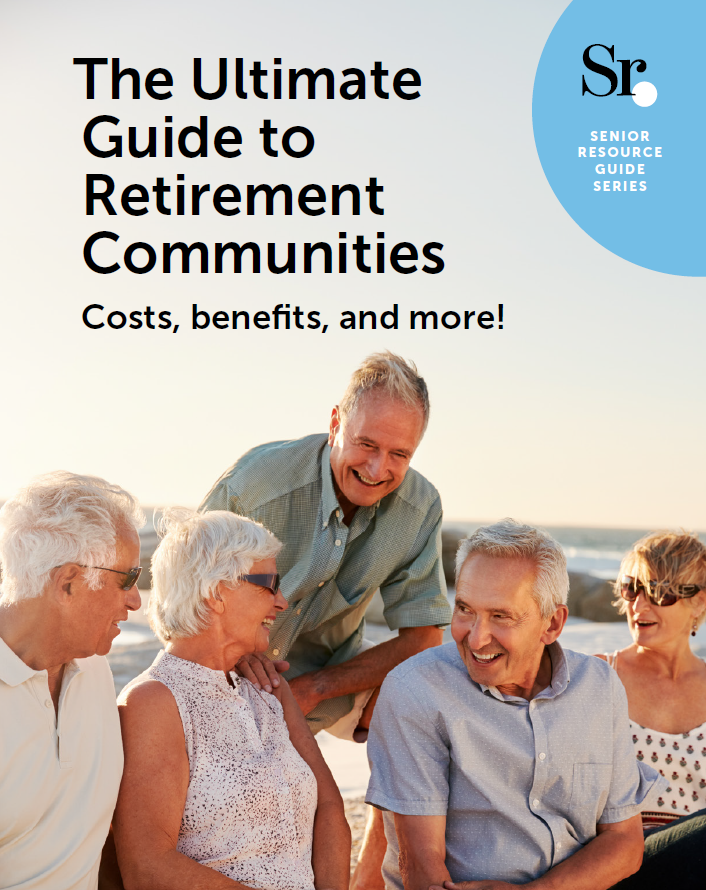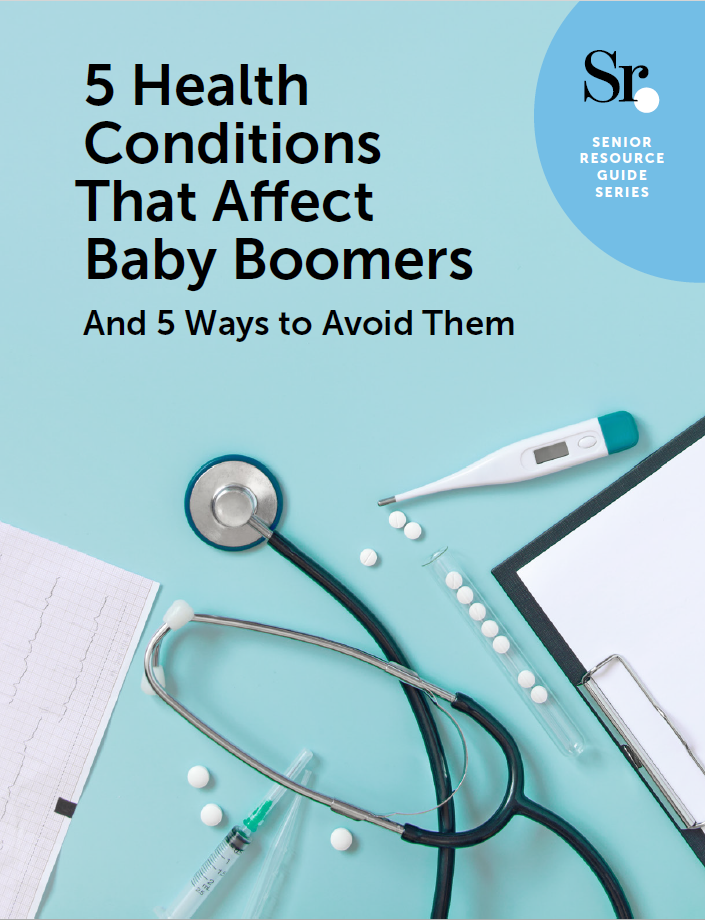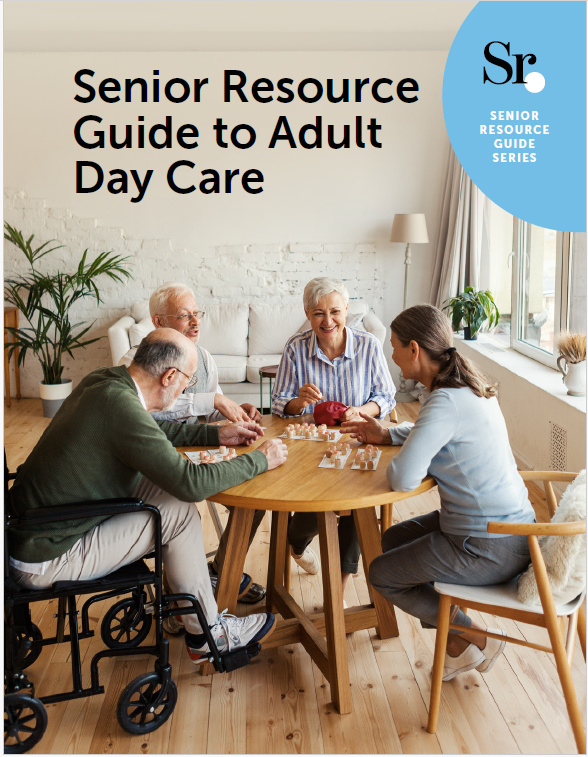Personal Finance and Financial Planning For Seniors & Retirees

Money management is a lifelong skill that will remain essential into your retirement. However, it’s important to recognize that your financial needs will likely change (perhaps, more than a few times) as you age. Staying financially savvy can help keep you safe, healthy, and in control! Here are some fundamental financial tips for all seniors and retirees!
Budgeting For Seniors & Retirees

Once retired, it’s common to have a fixed income (a pension, social security, retirement fund, or other similar benefits). But, rising costs along with life’s many unknowns can make even the most well-funded retiree a little nervous. Follow these simple tips for budgeting to get the most bang for your buck:
- Consider all of your current expenses and be aware of monthly bills (i.e. utilities, phone service, internet, groceries, entertainment, etc.).
- Consider downsizing to save.
- Take advantage of coupons and senior discounts.
- Restrict credit card use (this will also reduce the potential for fraud).
- Maintain a traditional savings account to avoid withdrawing from your retirement accounts for unexpected expenses.
Insurance & Long-Term Planning

As a senior, medical expenses are going to play a large part in your retirement budget and lifestyle. Preparing for worst-case scenarios but hoping for the best is the most you can do. Here are some insurance and long-term planning options to consider for managing health and wellness through your golden years.
Medicare
Medicare is government-provided health insurance for seniors who are over 65. There are several ways to receive coverage:
- Part A is hospital insurance. It provides coverage for inpatient services.
- Part B is medical insurance.
- Part D provides coverage for prescription drugs.
- Advantage Plans are Medicare-approved bundles that are offered by private companies.
- Medigap is insurance sold by private companies to supplement anything that is not covered by Original Medicare.
Social Security Disability Insurance (SSDI) and Supplemental Security Income (SSI)
SSDI is insurance for those who are disabled, have a qualifying work history, and have paid Social Security taxes on earnings. SSDI may pay benefits to family members as well under certain circumstances. Learn more here.
SSI provides monthly payments to those who have a disability and have income below certain limits. Learn more here.
Social Security Information and Resources For Retirees
Long-Term Care Insurance
Health insurance rarely pays for costs associated with long-term care. Help with daily activities and mobility are a pretty big part of receiving long-term care. Your health insurance provider only wants to cover doctors and hospitals. So, that’s where long-term care insurance steps in. It’ll help cover custodial care, meal services, and housekeeping, as well as room and board if you reside in a facility. Learn more here.
Read more about long-term care planning.
Programs of All-Inclusive Care for the Elderly (PACE)
PACE provides medical and social services to seniors who are eligible for both Medicare and Medicaid. The program helps with health care on a community level. Learn more here.
Cost of Senior Housing & Care

Whether you’re downsizing, aging in place in your family home, or moving to a retirement community, you’ll need to know what housing and care will cost to plan effectively! Start here:
Assisted Living
Assisted living is for older adults and seniors who live active lifestyles but may need medical and/or personal care help.
Average Monthly Cost (National): $4,500(*)
To find assisted living near you, start here.
Nursing Homes
A nursing home is for seniors who need a higher level of care or medical attention than assisted living provides.
Average Monthly Cost, Semi-Private Room (National): $7,908(*)
Average Monthly Cost, Private Room (National): $9,034(*)
To find a nursing home near you, start here.
Retirement Communities
Retirement communities offer 55+ adults independent living amongst neighbors with similarly active and social lifestyles.
Average Monthly Cost (National): Ranges between $2,000 and $5,000
To find retirement communities near you, start here.
Home Care
Home care is any care or service that can be obtained and used in the comfort of your own home. It’s meant to help maintain your quality of life and ensure safe aging in place.
Average Monthly Cost (National): $5,000(*)
To find home care near you, start here.
Personal Finance Assistance For Seniors and Retirees

There are many local and national resources that exist to help seniors and retirees with financial hardships. Here are the best ones to get you started!
Housing Repair Loans & Grants
This is a program provided by the US Department of Agriculture also known as Section 504. It can help elderly, low-income homeowners to remove health and safety hazards from their homes. Learn more here.
Weatherization Assistance Program (WAP)
WAP is run by the U.S. Department of Energy. The program helps lower-income households become more energy-efficient and safe. Learn more here.
Low Income Home Energy Assistance Program (LIHEAP)
This is federally funded assistance for “managing costs associated with home energy bills, energy crises, weatherization, and energy-related minor home repairs.” Learn more here.
US Department of Housing and Urban Development (HUD)
HUD can help with affordable housing through its various programs. Learn more here.




